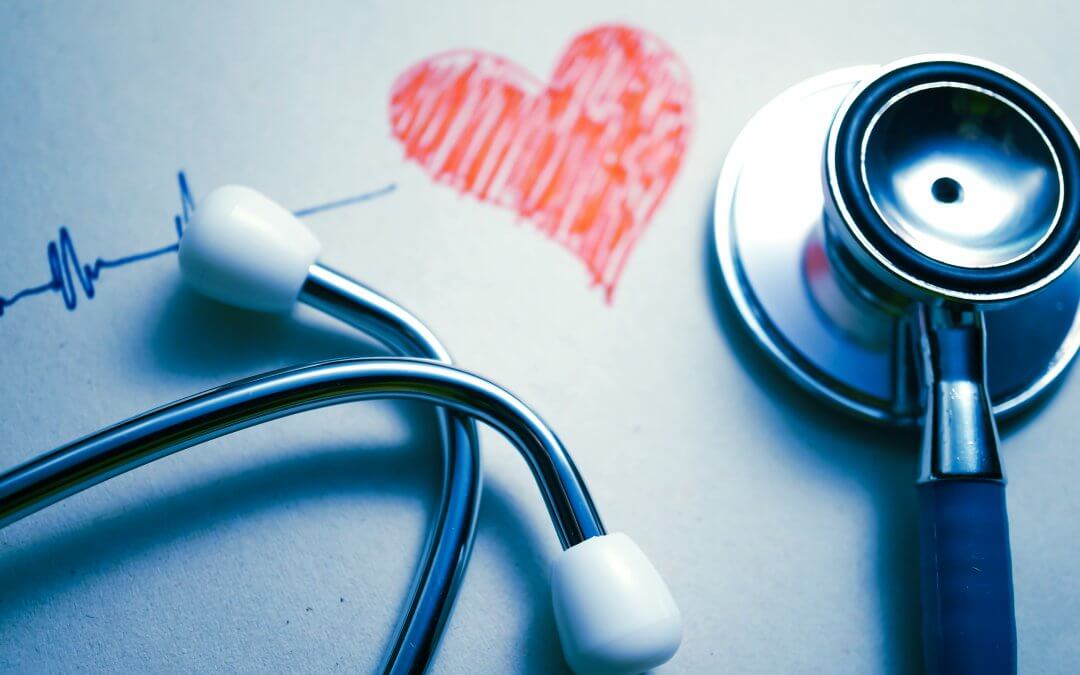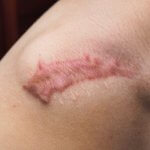Today, we’re talking about matters of the heart – medical ones, that is. And how, courtesy of stem cell technology, regenerative medicine could one day lead the way in helping everyone lead happier, healthier lives – free from heart disease.
If you’ve ever asked yourself, “why keep cord blood?”, this blog has all the answers you need.
Let’s start with some sobering statistics from the British Heart Foundation.
- Heart and circulatory conditions affect millions of people in the UK and throughout the world. In this country alone, they cause a quarter of all deaths, with an average of 460 deaths each and every day. That’s one person every three minutes.
- Up to as many as 100,000 hospital admissions are as a result of heart attacks.
- Each day, 13 babies are diagnosed with congenital heart disease.
- More than 900,000 people in the UK are living with heart failure.
(For more detailed information please see the British Heart Foundations site)
In fact, we’ve counted up to 60 different heart-related illnesses and disorders, all of which could be life-limiting or a very least life changing.
The Heart of the Matter
Our hearts are quite literally our life force. It’s at the very centre of the human circulation system. It chugs along at a steady average of 60-100 beats per min – If you calculate that over a lifetime… thats a lot of beats!
This organ pumps blood, nutrients and oxygen around the body, and it’s a bit of a powerhouse. Excuse the “ewww” moment, but your heart is strong enough to squirt blood 30 feet.
And yet, the heart can and does go wrong.
The truth is, once damaged, there’s no definitive cure that can completely restore the heart’s function to what it was before.
For example, heart attacks present great challenges for researchers and doctors. Why? Because they damage the heart muscle, making it less efficient at pumping blood through the circulatory system. Lost muscle is replaced by scar tissue, leaving patients with a reduced cardiac function, which can often lead to heart failure – where it can no longer meet the body’s demand for blood flow.
In other words, one impairment can set off a chain of harmful events.
Once heart cells are damaged, they cannot be replaced by the body. Heart disease can be managed, but not completely cured. The heart doesn’t go back to normal or heal in the same way a broken bone or cut does.
This is where regenerative medicine steps up – an area of medicine that could literally transform our health in ways we could never imagine. And the great news is that considerable progress is already being made.
What is regenerative medicine?
Regenerative medicine examines numerous ways to repair, or literally regenerate damaged areas of the body.
Exciting ongoing experiments at the University of Cambridge involve growing patches of real heart tissue in a dish. Funded by the British Heart Foundation, the team hopes to revolutionise the way that medical science can treat heart damage.
And revolutionary it is, too. The result is a “patch” of heart tissue that contracts in the same way as a heart does when it beats. Literally, it’s a heart muscle with a pulse in a petri dish (these muscles are called cardiomyocytes, in case you were wondering). Incredibly, they all beat in unison, in the same way a living muscle would do.
Scientists can then graft the patch over damaged areas of the heart to help repair it.
Here, they use both embryonic and artificially created stem cells, giving them a particular mix of proteins that stimulates development into heart muscle and epicardial cells.
The cells are then put onto a sort of “scaffold” made from collagen and incubate them for two weeks or so.
Equally, heart experts have been working on ways to grow new blood vessels, helping to improve blood flow into affected areas of the heart.
There’s still a lot of work to do, but the future for stem cell therapy is right here, right now. So, to return to our original questions of why keep cord blood? how does stem cell banking work, and how popular is technology for stem cells in the UK? We have an answer.
Why Keep Cord Blood?
Because your new born baby’s cord blood and cord tissue can be stored at deep temperatures for years and years without degrading. And one day, this decision could change your child’s life radically for the better – as he or she grows into an adult.
Family Cord Blood Banking and Cancer
Stem cells are special human cells that can develop into many different cell types, enabling scientists to treat the basic cause of illnesses and heath conditions. For example, spinal cord injuries, diabetes dementia and cancer.
Harvested stem cells are the body’s raw materials – and new-borns have an astonishingly high number of them, so it’s important to think ahead of you’re considering this.
The amazing news – and the subject of this blog – is that one day healthcare providers may be able to treat people with chronic heart disease, transplanting stem cells into damaged hearts and returning this essential organ to its “factory setting”.
A Health Bank for the Future
These stem cells will be a one hundred percent perfect match with the donor.
In case you were wondering about the practicalities, the process is easy: there’s no impact on your birth plan, and the cord blood collection is non-invasive, discreetly being sorted in another room after baby is born.
Both children and adults suffer from heart problems. Imagine a world where their cardiac health is no longer an issue. Your children are the most precious things in the world. Opening a health and wellbeing “savings account” with stem cell storage could reap untold rewards well into their adulthood.
Keen to learn more? Click here to download your free welcome pack, full of useful information about our stem cell harvesting services – how it works, and everything you need to know.
Request a Welcome Pack
Find out more about cord blood banking by downloading a Welcome Pack now.
If someone you love is affected by any kind of heart condition then check out the NHS website to get resources and information on different conditions.
None of the information on this website pertains to medical advice. For medical advice and support with your healthcare please speak to your designated Healthcare provider.








